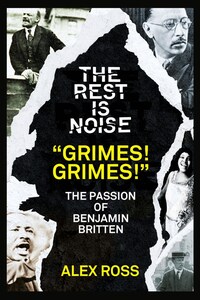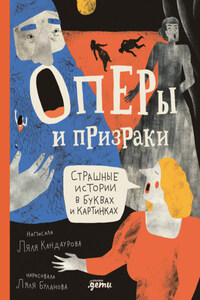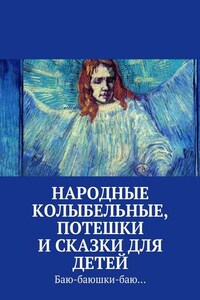Aldeburgh is a windswept fishing town on the east coast of the British Isles. “A bleak little place; not beautiful,” the novelist E. M. Forster called it. He went on: “It huddles around a flint-towered church and sprawls down to the North Sea—and what a wallop the sea makes as it pounds at the shingle! Near by is a quay, at the side of an estuary, and here the scenery becomes melancholy and flat; expanses of mud, saltish commons, the marsh-birds crying.”
Some decades later, the great German writer W. G. Sebald fell even more deeply in love with the oblique charms of Aldeburgh and neighboring villages, and devoted his book The Rings of Saturn to the geography and history of the region. “I had not a single thought in my head,” Sebald wrote, describing one of his walks across the flats. “With each step that I took, the emptiness within and the emptiness without grew ever greater and the silence more profound .. . I imagined myself amidst the remains of our own civilization after its extinction in some future catastrophe.”
There are ruins all around Aldeburgh. At Dunwich, a few miles up the coast from Aldeburgh, an entire medieval town has slid into the sea. Around Orford, to the south, the landscape is dotted with relics of two world wars and the Cold War that followed—gun em-placements, designed to impede a Nazi invasion that never came; radar masts, employing the technology invented by researchers in nearby Bawdsey Manor; Atomic Weapons Establishment facilities, looking like skeletons of palaces. When the weather changes, these wide-open vistas of sea and sky, with their stone and metal memories of the past, can have a somewhat terrifying effect. A mass of black cloud rears up behind a sunlit scene; the sea turns a dull, menacing green; an abandoned house groans in the wind. Then, in the next second, the light changes. The water assumes an iridescent color, as if lit from within. Anonymous jewels sparkle in the beach. The sun appears under the ceiling of cloud and floods the world.
In the Aldeburgh churchyard lies Benjamin Britten. He was born thirty miles up the coast, in Lowestoft, in 1913. His childhood home looked over the beach to the North Sea, or the German Ocean, as it was called before the First World War.
Britten lived for most of his life in the Aldeburgh area, and he once stated that all his music came from there. “I believe in roots, in associations, in backgrounds, in personal relationships,” he said in a speech in Aspen, Colorado, in 1964. “I want my music to be of use to people, to please them .. . I do not write for posterity.” Britten designed many of his pieces for performance in Aldeburgh’s Jubilee Hall and in churches around the area. In 1948, with his companion, the tenor Peter Pears, and the writer-director Eric Crozier, he founded the Aldeburgh Festival, which featured his own music, contemporary works from Europe and America, and favorite repertory of the past; it was a kind of anti-Bayreuth, as intimate as Wagner’s festival was grandiose.
Above all, Britten wrote Peter Grimes, an opera of staggering dramatic force that is soaked in Aldeburgh to its bones. First heard in June 1945, one month after the end of the European war, it tells of a fisherman who causes the death of his apprentices and loses his mind from guilt. The story comes from the poet George Crabbe, who grew up in Aldeburgh in the later eighteenth century, and apparently based the character of Grimes on a real-life case. Crabbe described the estuaries thus:
The dark warm flood ran silently and slow; There anchoring, Peter chose from man to hide, There hang his head, and view the lazy tide In its hot slimy channel slowly glide . . . Here dull and hopeless he’d lie down and trace How sidelong crabs had scrawl’d their crooked race; Or sadly listen to the tuneless cry Of fishing gull or clanging golden-eye . . .
The first orchestral interlude in Britten’s opera brings the coast to life. High grace notes mimic the cries of birds; rainbowlike arpeggios imitate the play of light on the water; booming brass chords approximate the thudding of the waves. It is rich, expansive music, recalling Debussy’s














